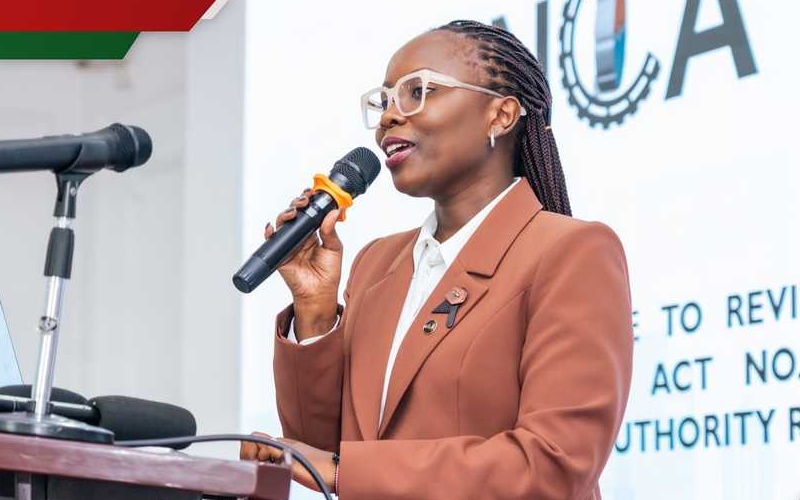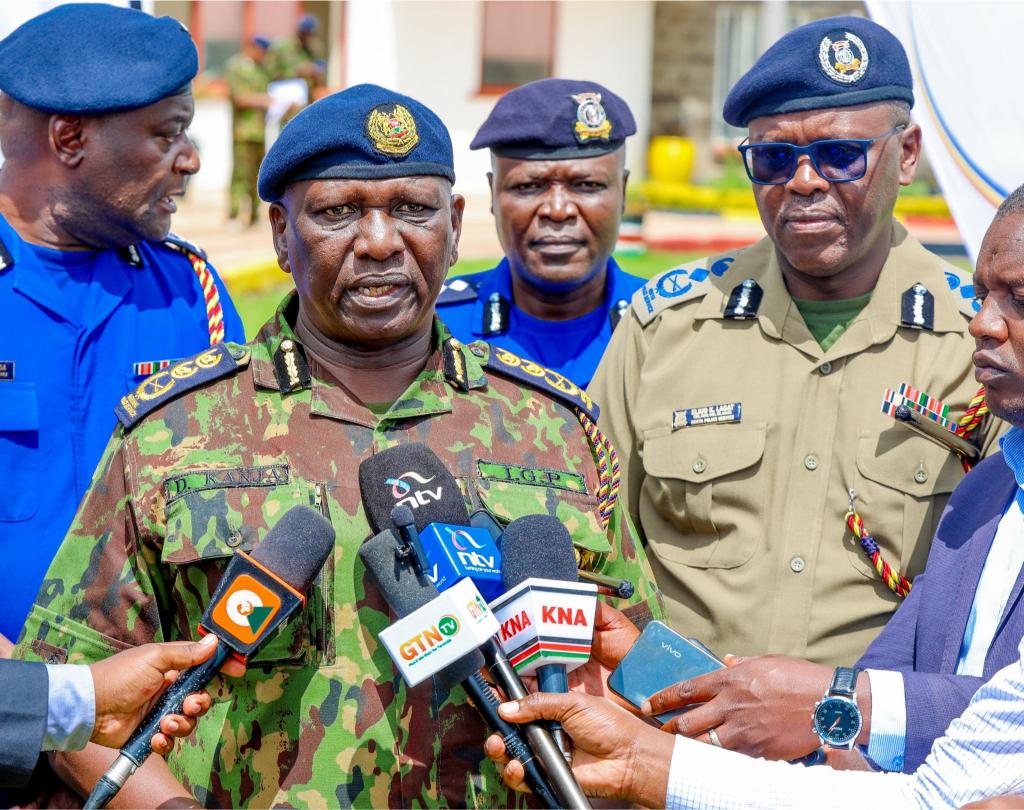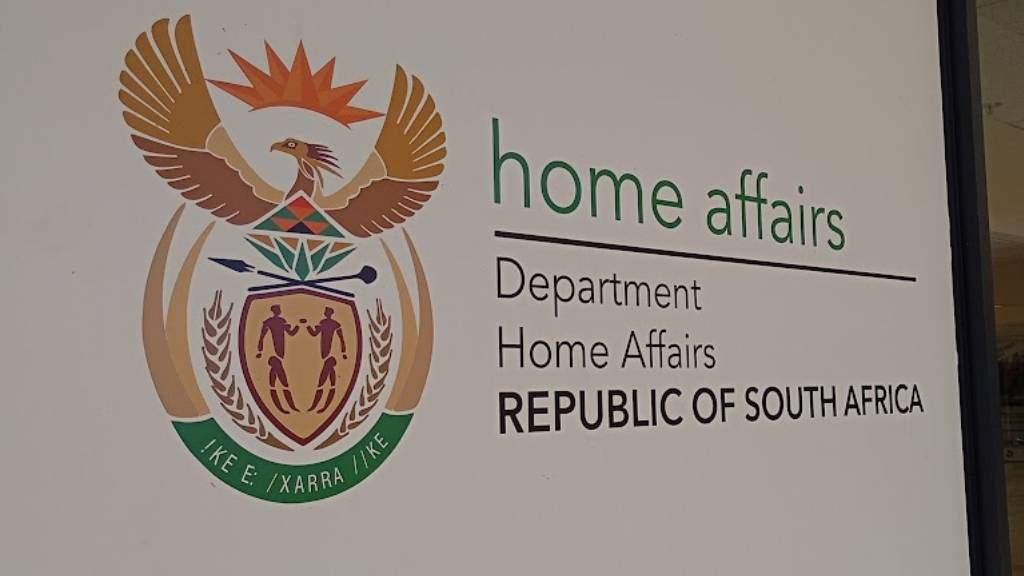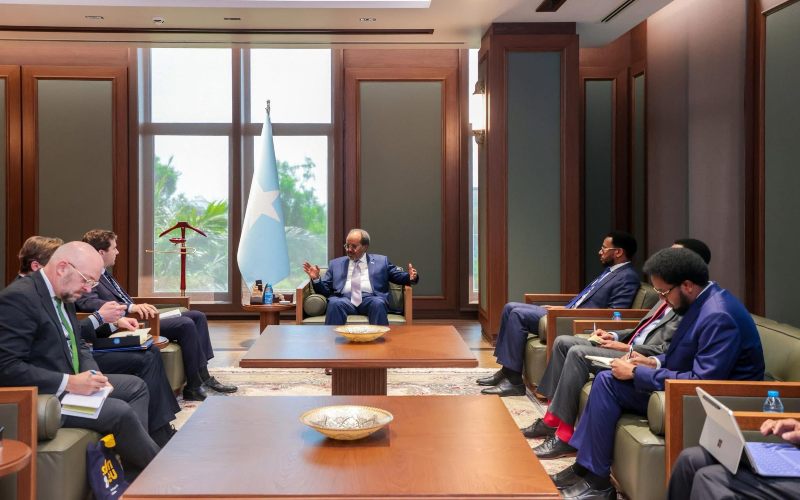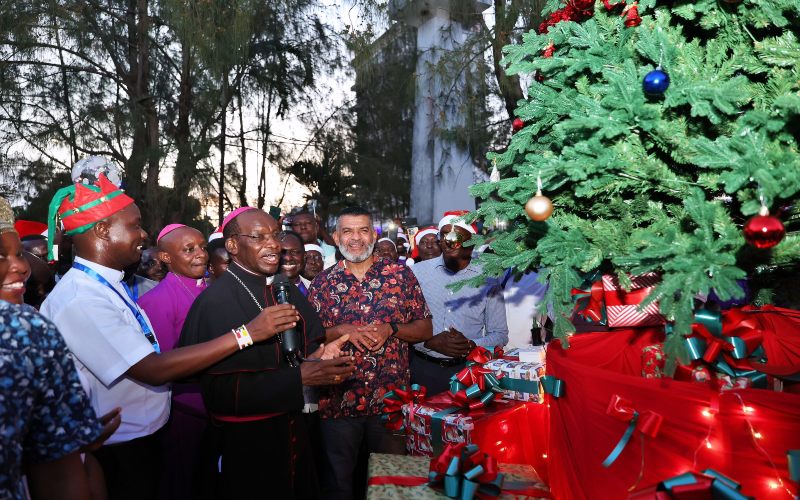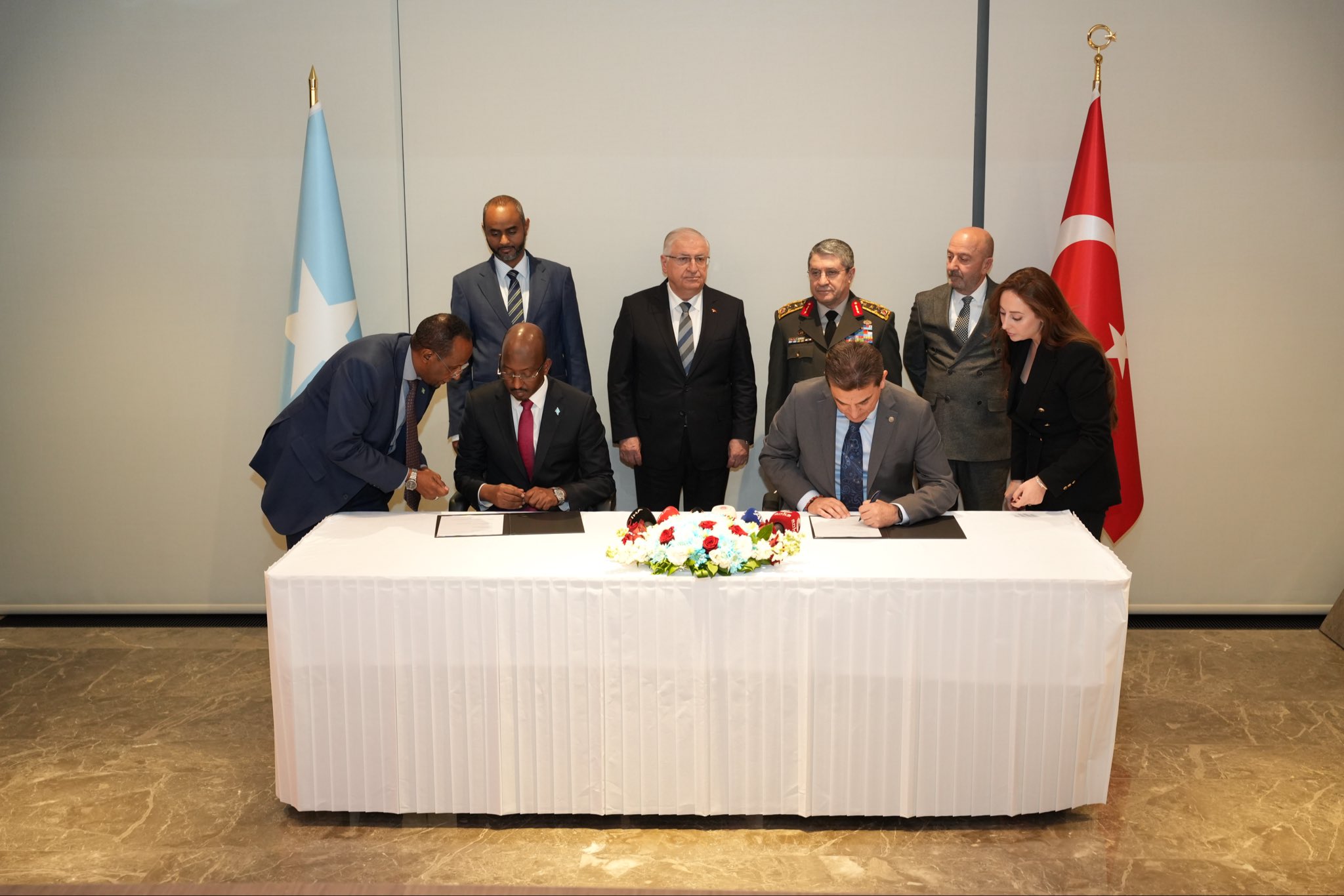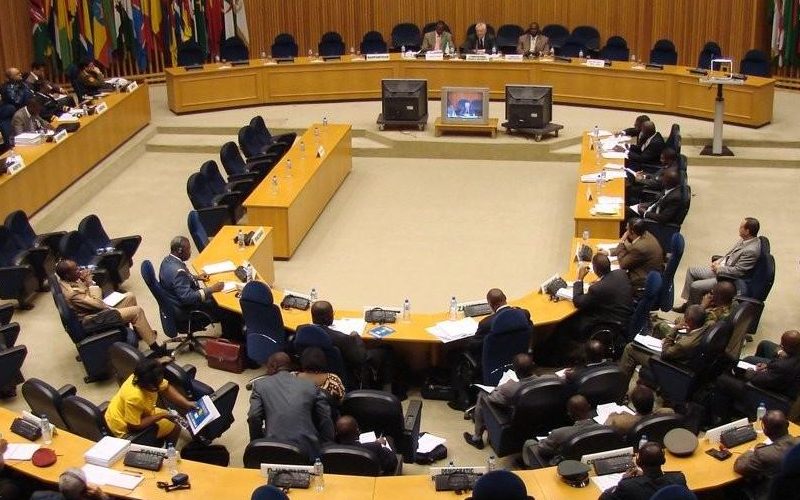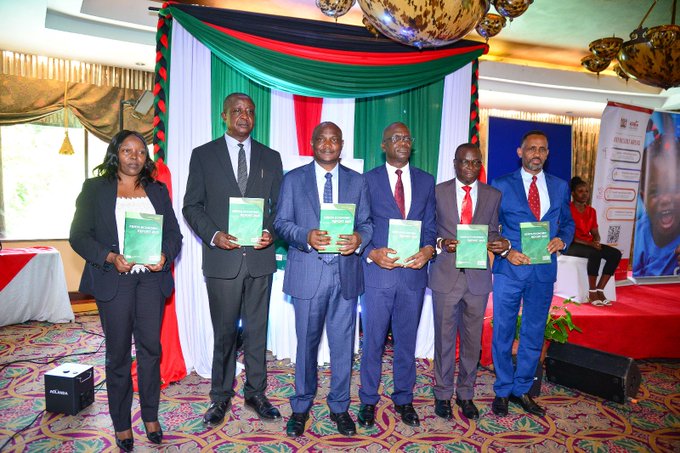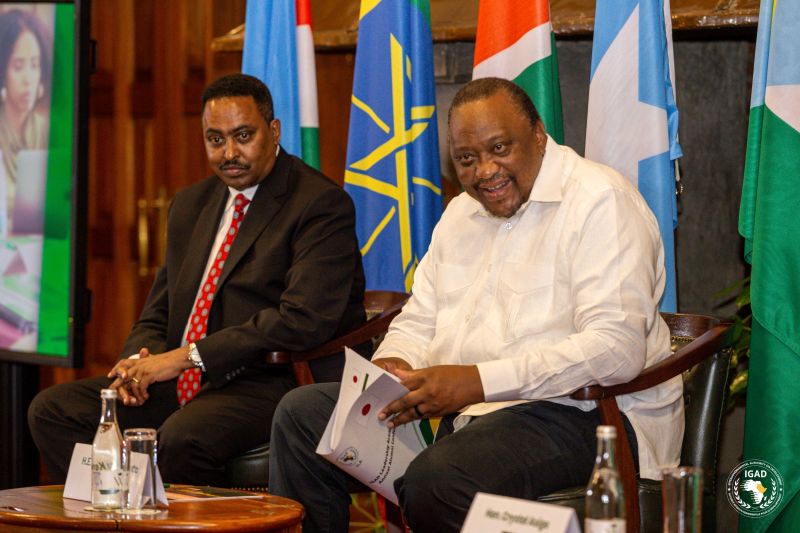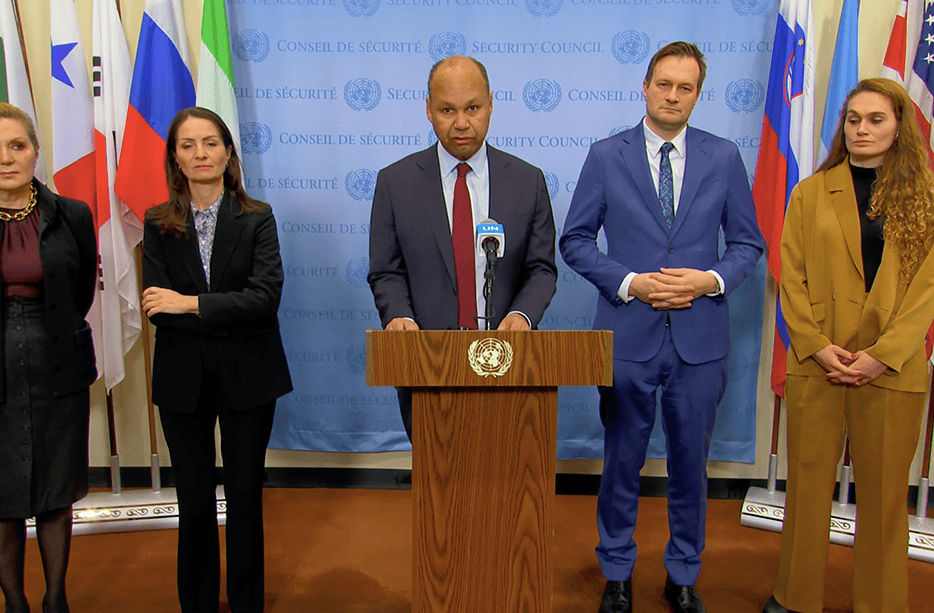Ethiopia pulls out of IGAD extraordinary summit amid regional tensions
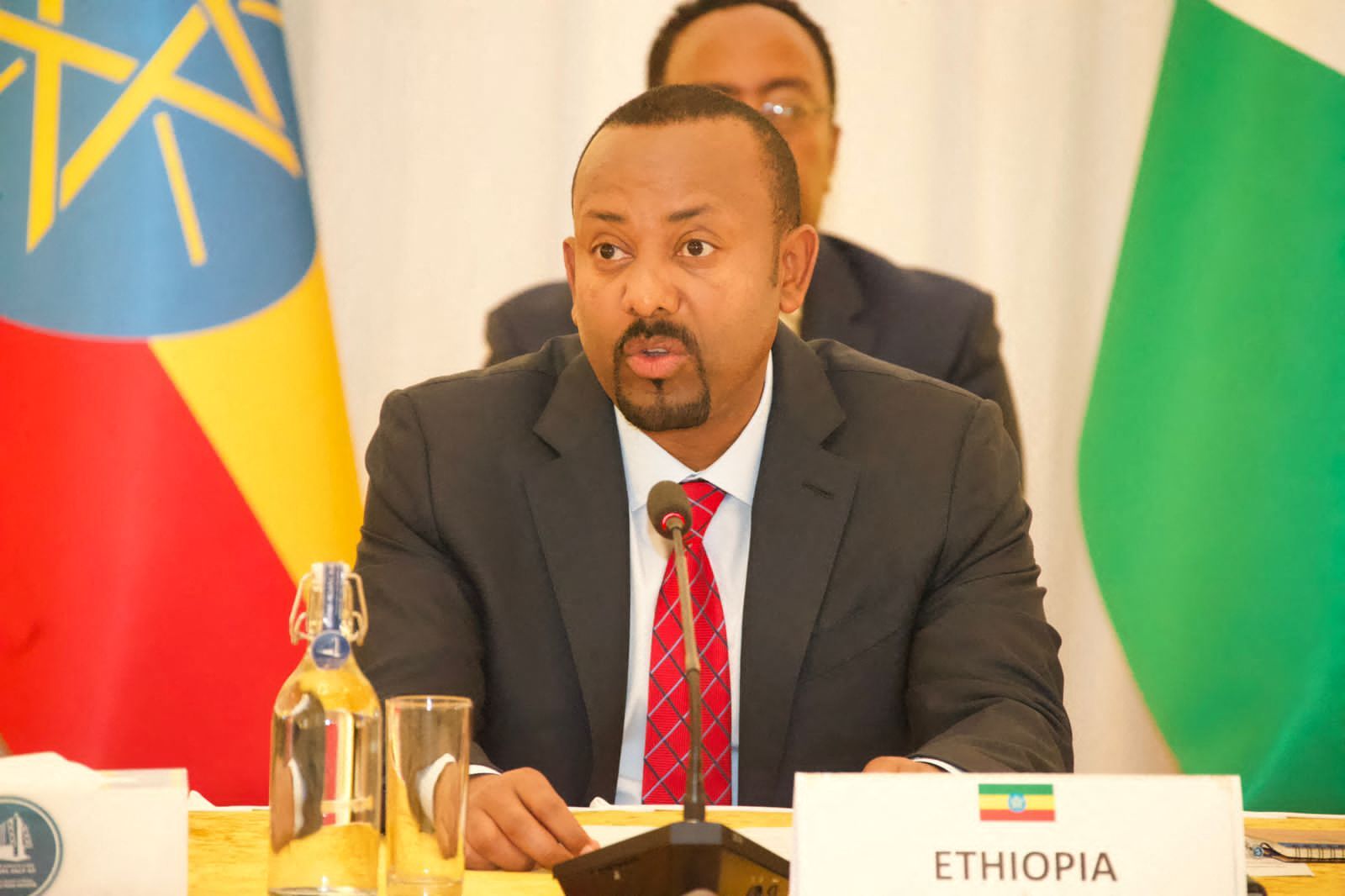
Addis Ababa expressed regret over the short notice for the extraordinary summit and its inability to attend due to prior commitments.
Ethiopia has withdrawn from the upcoming extraordinary summit of the Intergovernmental Authority on Development (IGAD), scheduled for January 18, citing "prior engagements".
The decision stemmed from an escalating diplomatic feud between Ethiopia and Mogadishu revolving around the controversial port deal with Somaliland.
More To Read
- Somalia, Sweden hold talks amid controversy over alleged forced return of asylum seekers
- Somalia, Turkey’s OYAK sign deal to develop fisheries and maritime sector
- Uhuru tells youth to stop waiting, step into leadership at IGAD conference
- Climate funding falling short for East Africa’s vulnerable communities, IGAD warns
- Somali universities warn against security agency’s interference on campuses
- Somali parties say electoral body ignored concerns on December 25 Mogadishu polls
Ethiopia formally communicated its withdrawal on January 13, in a letter to the Djibouti Foreign ministry, the current chair of IGAD's foreign ministers.
In the letter, Addis Ababa expressed regret over the short notice for the extraordinary summit and its inability to attend due to prior commitments. However, Ethiopia expressed its readiness to engage in discussions about alternative dates, respecting the established protocols of the regional bloc.
"The Ministry of Foreign Affairs of the Federal Democratic Republic of Ethiopia has noted the meeting. Regrettably, though, we find it very difficult to attend the proposed meeting due to commitment to a prior engagement that overlaps with the scheduled meeting and the short notice extended to convene the extraordinary summit. Nevertheless, Ethiopia stands ready to discuss alternative dates in line with the Rules of Procedure Governing Meetings of the Intergovernmental Authority on Development (IGAD)," the letter said.
The core of this diplomatic standoff lies in Ethiopia's reluctance to discuss its agreement with Hargeisa. IGAD and some member states consider the breakaway state an integral part of Somalia, and Ethiopia's divergence on this issue risks potential censure from the bloc.
Political implications
Ethiopia's recognition of Somaliland poses significant political implications for Somalia, turning the agreement into a diplomatic challenge for Mogadishu. The secretive nature of the deal, unveiled only after its signing, has stirred diplomatic unrest in the region.
According to the Addis Standard, Redwan Hussein, the national security adviser to Ethiopian Prime Minister Abiy Ahmed, acknowledged in an interview that regional countries were aware of the Memorandum of Understanding (MoU) with Somaliland but needed to be privy to its exact details.
He emphasised that envoys had been dispatched twice to neighbouring countries, particularly those in East Africa, to keep them informed.
However, the lack of information regarding Somaliland President Muse Bihi's visit to Ethiopia, and whether issues related to shares and recognition had been included in the MoU, have left regional capitals in the dark.
Ethiopia signed a controversial agreement with Somaliland on January 1 that would allow Ethiopia to use a Somaliland port. This agreement has raised concerns in the region and internationally.
The Somali government has since described the agreement as "null and void" and lacking legal basis, terming Ethiopia's actions a "blatant aggression" that infringes upon Somalia's sovereignty and territorial integrity.
Somalia's stance
The central government in Mogadishu has since vowed to oppose, by any legal means, the port agreement between Ethiopia and Somaliland.
Somalia Prime Minister Hamza Abdi Barre has also asserted that Somalia will not cede even an inch of its territory, affirming the nation's unwavering determination to protect its sovereignty and territorial integrity.
Khartoum had already declared on Tuesday the suspension of its engagement and the freezing of all interactions with IGAD concerning the ongoing conflict in the country.
The decision was attributed to the regional bloc’s perceived interference in Sudan's internal affairs.
In an official statement, the Sudanese Ministry of Foreign Affairs communicated this disengagement to the Djiboutian Foreign Minister, who currently holds the position of foreign ministers chair.
This was after Sudan was included in the agenda of an extraordinary meeting without prior consultation with the Sudanese government, as well as the invitation of the Rapid Support Forces (RSF) leader Mohamed Hamdan Dagalo to the summit.
Top Stories Today

